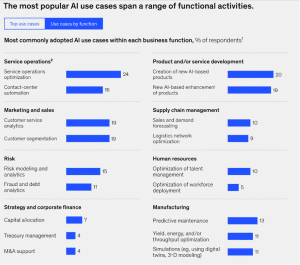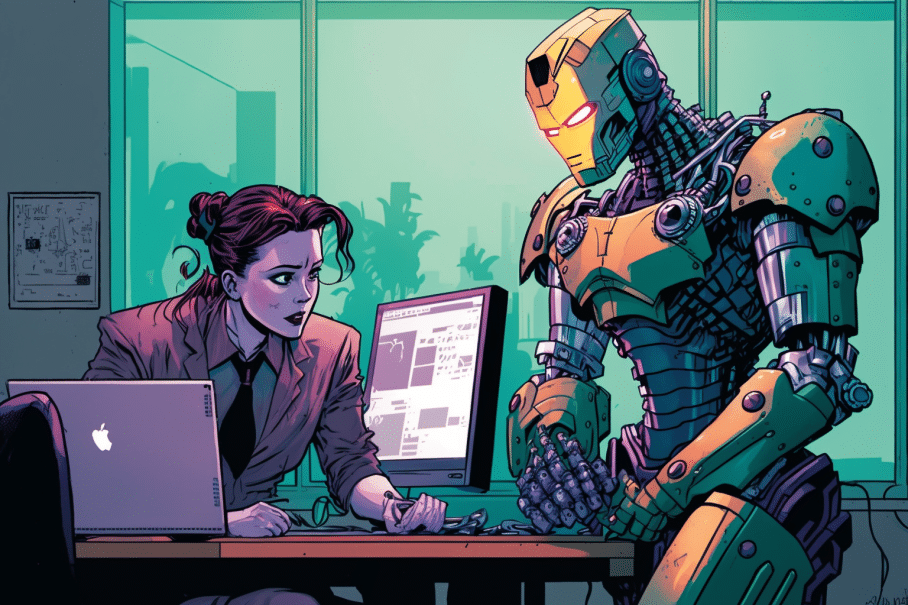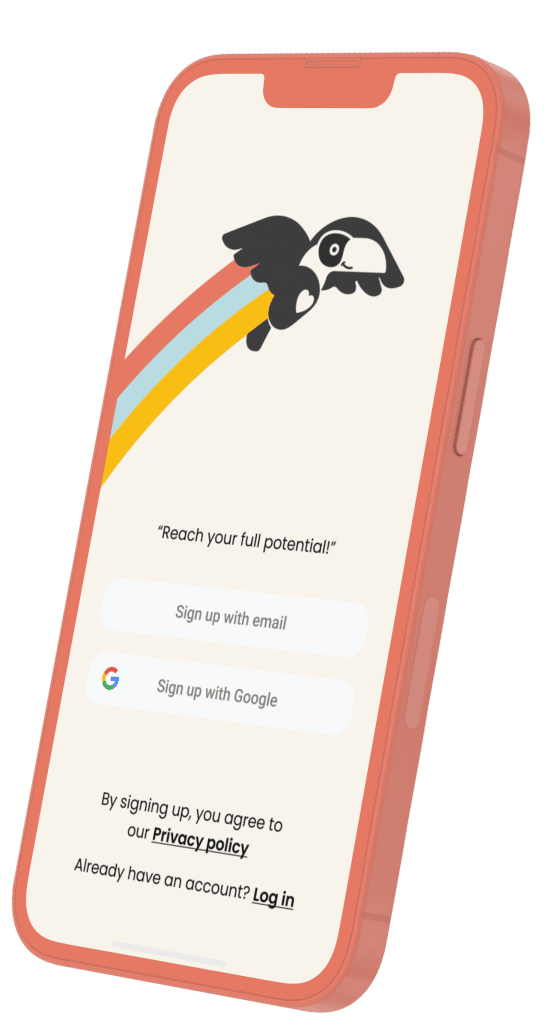Artificial Intelligence (AI) is like the heavyweight champion of the tech world, and it’s only getting stronger. But many people are worried that job automation with AI will damage their careers.
In this article, we’ll explore the future of work with AI, its impact on job loss and gain, and, finally, how we can stay in the game.
Impact of AI on the job market
The current economic recession has resulted in widespread layoffs and job losses across many industries. Even IT-industry titans, like Meta or Google, once thought to be immune to economic downturns, have laid off workers and restructured their operations in response to the crisis.
With the rise of artificial intelligence and job automation, many workers are understandably concerned about how AI can influence unemployment.
However, there might be no need to sound the alarm just yet.
Though AI is changing the nature of the job market, you can wield it to your advantage by adapting to the disruption and developing new skills.
AI is Changing the Nature of Work
With AI automating routine tasks, we can focus on more creative and strategic work. Besides, with AI making remote work more accessible, we can even work in our pajamas (if that’s your thing).
From improving the little things, like meetings, writing, and communication in general, AI-enabled processes are helping companies’ bottom line.
There are already services that can do incredible things, from enhancing your sales pitch in real-time and automating client service to enabling drug-discovery processes.
How AI is Already Changing the Job Market
AI has the potential to help us create better jobs and a more productive workforce by automating routine and repetitive tasks.
All this, however, changes the job market landscape, both in corporate and in startups.
On the one hand, AI is creating new opportunities for those with the right skills.
On the other hand, it ‘optimizes’ other roles. Jobs that involve repetitive tasks are more likely to be automated.
According to McKinsey, Service operations (including customer service) and analytics are the most affected functions. However, the scope will only increase with the rapid development of NLPs and generative AI.

Image Source: McKinsey
How to build a workforce that thrives in an AI age
To build a workforce that thrives in an AI age, organizations must invest in training and development programs that enable workers to acquire the skills in high demand.
They must also create a culture that values creativity, innovation, and adaptability and encourages collaboration and continuous learning.
To make sure your organization gets the most out of the AI revolution, follow the advice of Deloitte:
- Invest in culture and leadership
- Transform operations
- Orchestrate tech and talent
- Select use cases that accelerate value
The Future of Jobs in a World with AI
To stay relevant in an AI-driven world, we need to up our game. We need to focus on our uniquely human capabilities and develop skills that are less likely to be automated.
What Can Humans Do That AI Can’t
While AI is impressive, there are still things humans can do that AI can’t. We are much better at creativity, emotional intelligence, analytical thinking, and building relationships. We also have a broader range of experiences and perspectives, which can come in handy when dealing with complex problems.
So, we might have a fighting chance against robots after all!
Skills to develop to stay relevant
1. Develop skills that are less likely to be automated:
Even if there is no AI to replace you, it might come along soon. For starters, work on your critical thinking, creativity, and emotional intelligence.
Or, become the master of the machines, and get into software engineering.
2. Embrace new technology:
Rather than fearing the rise of AI, workers should embrace new technology and look for ways to use it to their advantage. For example, you can discover ways to maximize your productivity with new AI tools.
3. Stay up-to-date on industry trends:
To stay ahead of the curve in an AI-driven world, workers need to stay up-to-date on the latest industry trends and developments. Read industry publications, attend, and follow thought leaders in your field.
4. Focus on leadership skills:
Teamwork is not going anywhere anytime soon. And even the best AI management tools can’t replace a true leader. So work on your communication, empathy, and teamwork, and learn more about becoming a leader.
5. Be adaptable:
The job market constantly evolves, and workers must be adaptable to succeed. Workers should be open to new opportunities, willing to learn new skills, and take on new roles as needed.
Conclusion
Humans are not to be replaced by Artificial Intelligence just yet. But the, innovation is undoubtedly changing the market, creating demand for some jobs and making others redundant.
To adapt to the rapidly changing job market, it’s important to pivot when the next disruption comes along. Want to know how you can develop your career in this crazy little world of ours? Check out personalized career coaching.


